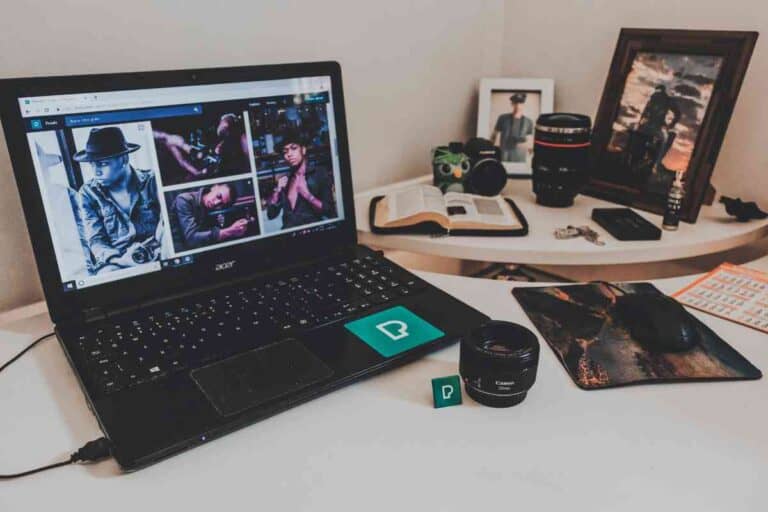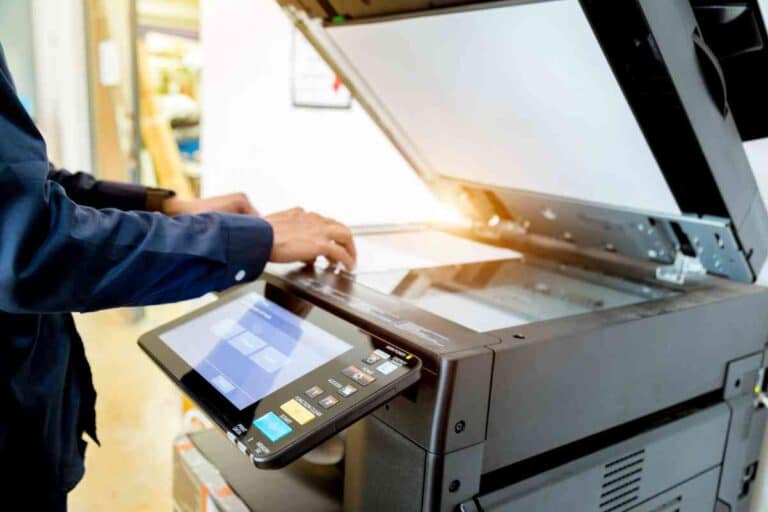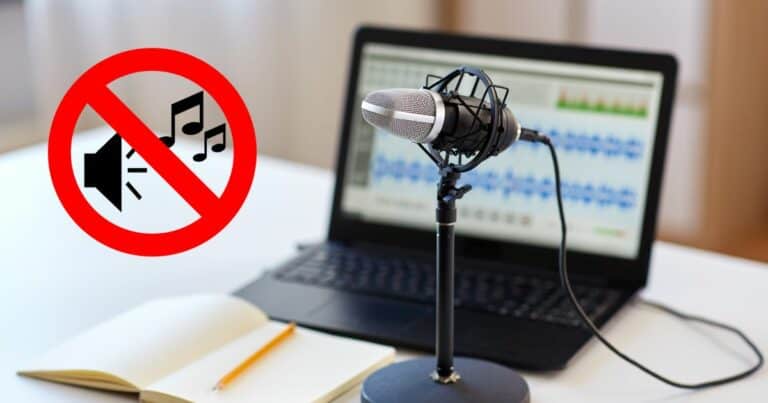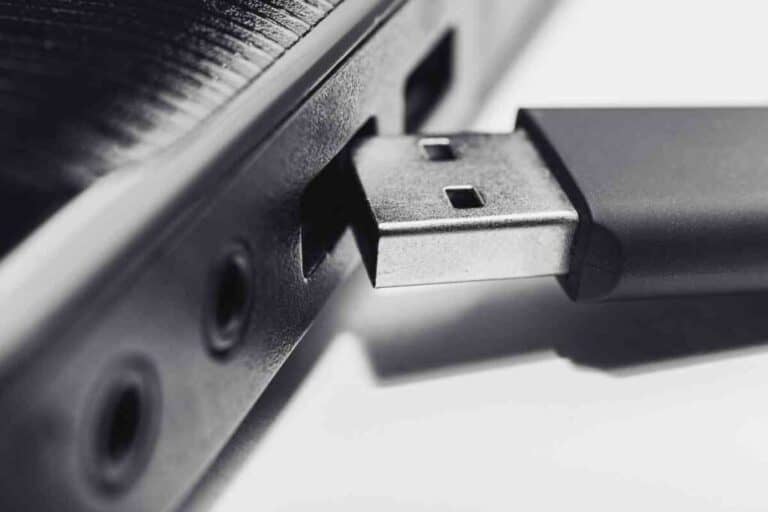Do HP Laptops Have Lithium Batteries? ALL Of Them?
HP is one of the premier tech brands with quality laptops and other devices. But do they have lithium batteries in the construction of their laptops?
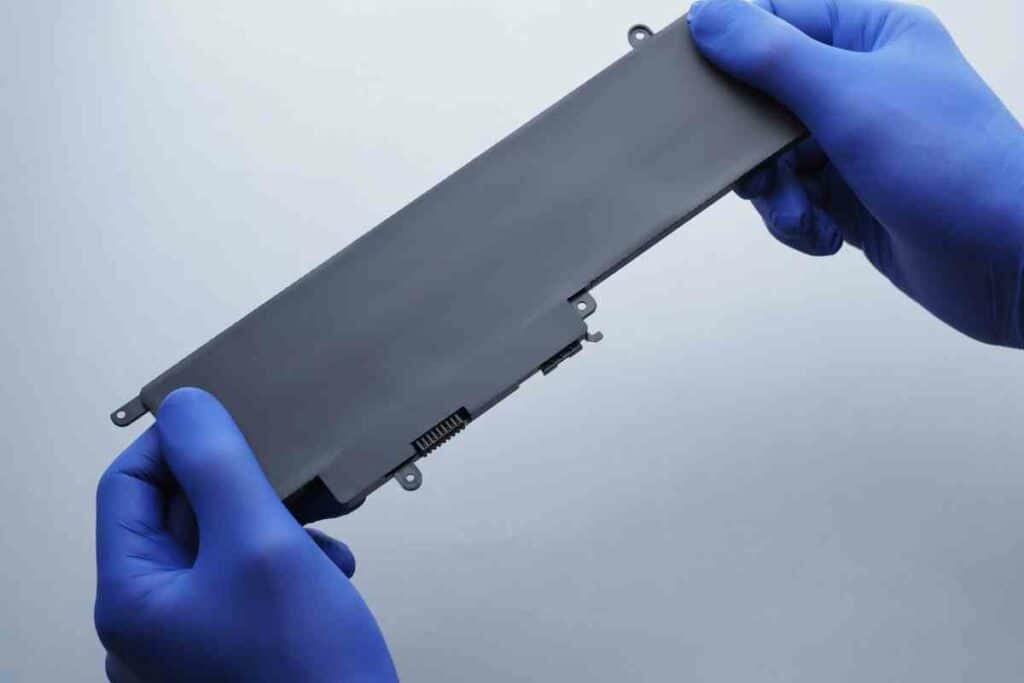
Do HP Laptops Have Lithium Batteries?
All HP laptops today have lithium batteries. This is standard practice, and nearly all laptops, mobile devices, and other portable electronics are built with the same type of battery. This is because they are rechargeable, durable, long-lasting, and more efficient.
All information about HP laptop batteries was found directly from the manufacturer. They include all information on their technical data sheets for each product.
Lithium-ion (Li-ion) batteries are the most common type of battery found in modern technology, including handheld electronics like iPads and laptop computers.
HP uses a variety of Li-ion cells in its laptop lineup, depending on the specific model. They are usually smaller and lighter than NiMH and NiCd cells in traditional batteries.
This makes them ideal for small electronic devices like cell phones and portable media players. Like HP, most laptop manufacturers use lithium-ion batteries today because they can charge faster with excellent wireless support.
They also have higher energy densities than other chemistries, meaning they can hold more charge in the same physical space. Lithium-ion polymer batteries are the most advanced and reliable option.
Lithium Battery History
The lithium battery was initially developed for use in laptops in 1991 by Sony. The development changed laptops, mobile devices, and other portable electronics forever.
Between 1981 and 1991, commercial laptops did not use lithium-ion batteries, so they were much more inefficient. The only changes to the battery chemistry over the years have been gradually increasing energy density.
Because of these improvements, TSA requirements have also changed for people traveling with laptops. The battery inside the computer is fine, but any spare lithium-ion batteries are limited to 2 grams and 100-watt hours each to meet TSA requirements.
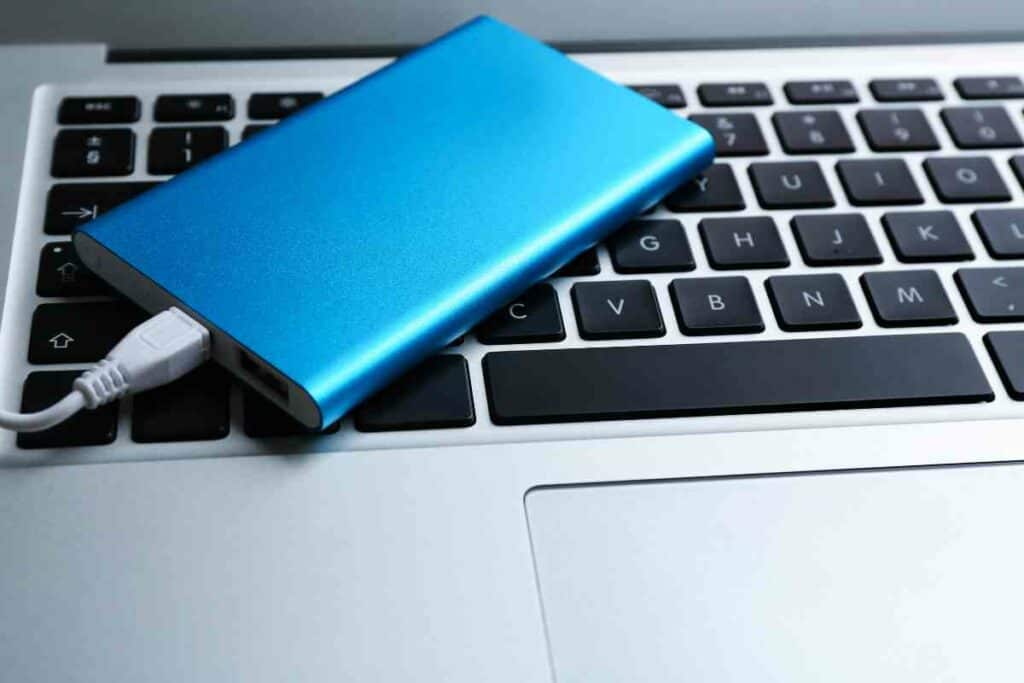
This approach differs from when they were first released, but we know more now than ever. It will be interesting to see how batteries change in the future to become more efficient too.
Does Every HP Laptop Type Have Lithium Batteries?
Yes, every modern laptop built by HP comes with lithium-ion polymer batteries. The company’s laptops are one of its primary products, with many different models. Some of them include the following:
- HP Envy
- HP Pavilion
- HP ZBook
- HP Elite
- HP ProBook
These laptops also have a neat safety feature known as Battery Safety Mode. This can be turned on when something is malfunctioning with the battery. It protects the user by allowing them to keep using the device while connected with AC power.
We can also request replacement batteries with HP Inc. support. They can either send us to see an authorized technician or provide a customer replaceable lithium ion battery.
Are HP Lithium Batteries Reliable?
In the past, HP has not always provided their laptops with the most reliable battery option. Recently the news that HP expands recall on all laptops with a lithium-ion battery containing Panasonic cells was issued.
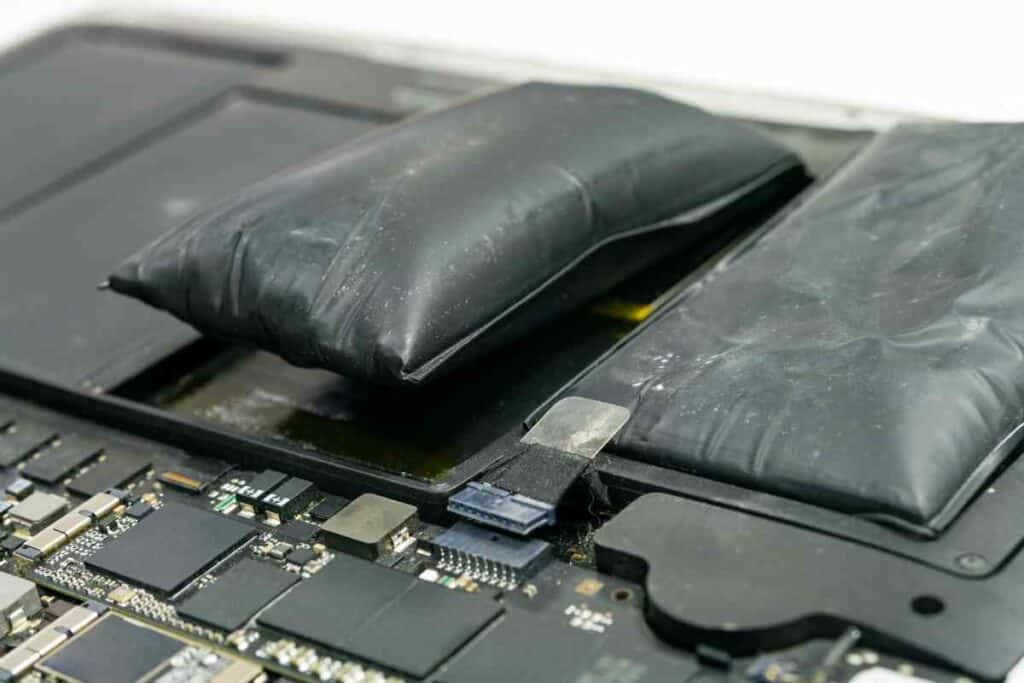
This happened because of eight reports about battery packs overheating, melting, or charring. This was especially dangerous in larger offices using these laptops as mobile workstations.
To solve the issue, HP expanded its research to develop more efficient battery technologies to replace those Panasonic cells. There were over 101,000 products sold using the Panasonic cells eligible for this recall.
HP also covered any property damage due to this error. However, this was in 2019, and HP solved the issue. We have not seen any new reports about battery problems for HP laptops.
How Long Do Lithium Ion Batteries Last?
The average laptop lithium battery should last about 1,000 cycles or 2-4 years. However, this can vary based on the battery temperature and the type of use it experiences.
We have heard many reviews of users getting more than four years of battery use. This is because they are durable and do a great job charging and recharging without overusing each cycle.
It’s also possible for the battery to wear without us noticing. The laptop will start to die sooner than expected, needs constant recharging, takes longer to charge, and the laptop overheats often.
To maximize the life of our lithium-ion battery, we should try to keep the temperature between 50-95 °F while operating the device or charging it. Temperatures outside this range can cause irreversible damage to lithium-ion cells and dramatically reduce their lifespan.
How To Change An HP Laptop Lithium Ion Battery
Follow these steps to change an HP laptop battery. This is useful if the laptop has slowed down, cannot hold a charge, dies faster, or if the battery simply no longer works.
Find The Model Number
First, we need to locate the battery model number on the back of the laptop. Use this number to order a replacement model online.
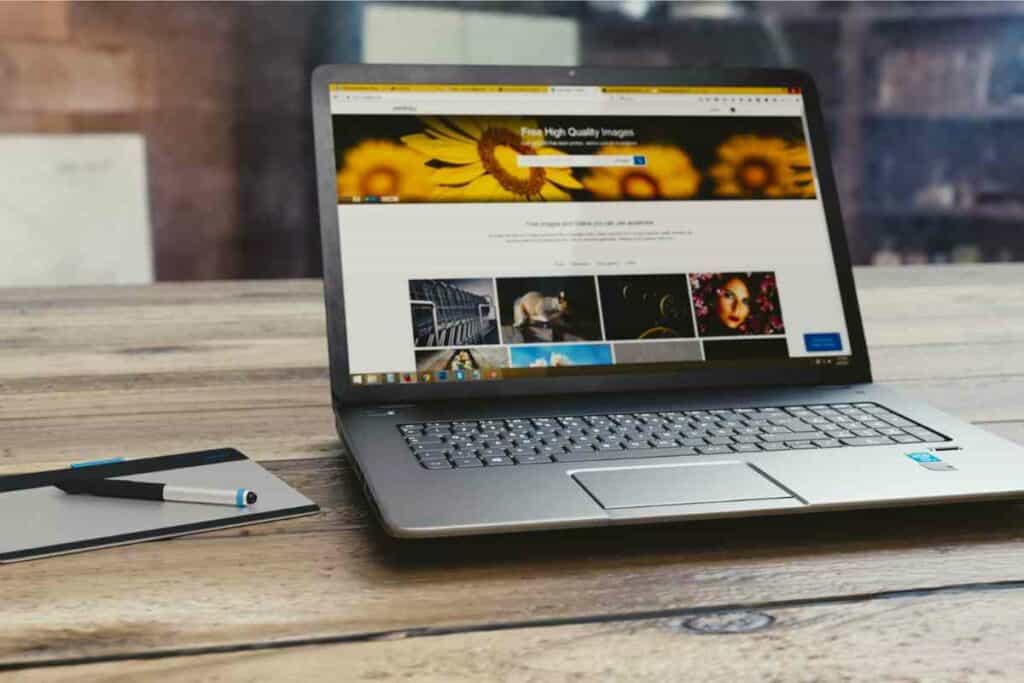
Create A Battery Report
Next, create a battery report in Windows 10. Find the Search function on the taskbar and go to the Command prompt. Type “powercfg /batteryreport” into the prompt and Run as administrator.
This will create a Battery Report as an HTML file analyzing how the battery is running and whether it’s working the way it should be.
Disconnect Laptop
Once this is done, we must disconnect the laptop from any power sources. It can also be turned off first before the next step.
Remove Battery Cover
Turn the laptop over and remove the battery cover. We likely need to use a screwdriver to do this, but it depends on the laptop model.
Remove Battery
Once the cover is gone, we can remove the battery from the laptop. Put it aside for now so we can dispose of it properly.
Install New Battery
Now, slide the new battery into the laptop. It’s simple and should fit right into the empty space with no special instructions needed.
Check Performance
Finally, rerun the battery report and see if the new battery meets standards.
Key Takeaways
- All modern-day laptops, including HP models, have lithium batteries because they are more efficient, lighter, rechargeable, and longer lasting.
- Lithium-ion batteries last 1,000 cycles or 2-4 years, assuming they are correctly maintained and kept at average temperatures.
- In 1991, Sony developed the first lithium battery available for commercial use in laptops.


